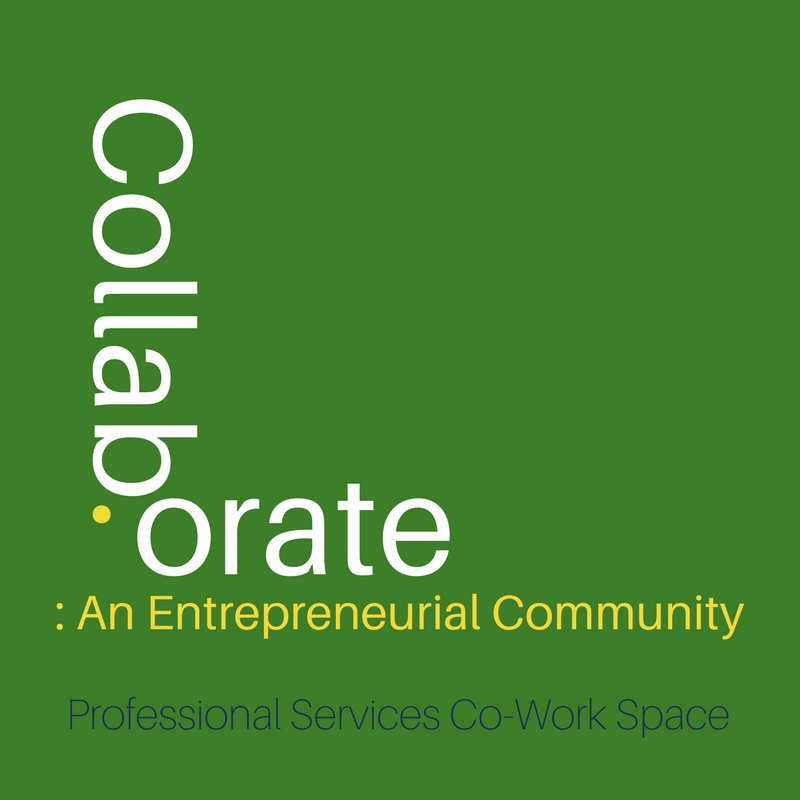While certain tech-related activities can be distracting, addicting, or even potentially harmful to our health, it is important to remember that some technology is designed to increase productivity, reduce stress, and make us more uplifted overall. Naturally, we’re a fan of any creation that falls into this category.
Headspace is the app for all the people who have said, “I want to meditate, but I just don’t know where to begin.” Through Take10, their free trial offer, the app teaches individuals how to meditate in just ten minutes a day for ten days. Beyond Take10, a subscription is needed to continue using Headspace, but we think it’s totally worth it.
How come, you ask? For one, Headspace reaches far beyond traditional meditation. It brings the art of mindfulness to various aspects of everyday life, such as cooking and walking. Furthermore, the results can have profound effects. After implementing Headspace into their day, users have reported improved sleeping patterns, reduced levels of stress and anxiety, lowered food cravings, and amplified spurts of creativity. Plus, life is simply more enjoyable when you’re more present during the seemingly insignificant moments, such as riding the subway to work. Headspace makes you realize that there is significance in every moment.
The ironic aspect is that, while it encourages individuals to be less distracted and more focused, it’s rather easy to get hooked on the app itself. Just like many other games or apps out there, Headspace sets goals and tracks progress for users, enticing them to essentially “reach the next level.” But the difference here is that the outcome is meant to enhance your life - and your ability to slow down and enjoy it.
The app is developed by dedicated scientists and researchers who are deeply cognizant of the positive effects produced by in-person mindfulness and meditation training. Their goal is to research, recreate, and continually improve this type of training in digital format, so that good health, personal fulfillment, and deliberate mindfulness can be accessible to all.
By Erica Friedmann

